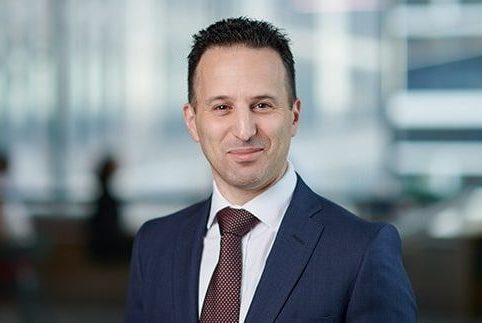David is a Disputes Partner and class action specialist at MinterEllison with particular expertise regarding the quantum of damages in class actions. David has represented some of the largest financial institutions and ASX-listed corporations in Australia in class actions, commercial litigation and regulatory investigations. Below, he shares his tips on expert selection and instruction.
What tips do you have for fellow practitioners when it comes to selecting the right expert witness or managing the expert evidence process in class actions?
The typical allegations underpinning many class actions in Australia often involve complex areas of factual analysis and interpretation. Both plaintiffs and defendants heavily rely on evidence from expert witnesses on these matters. Their evidence will often “make or break” your case. As such, expert witnesses are typically selected from an early stage and work alongside the legal team. Selecting the right expert and managing the expert evidence process in class actions, is therefore key. Here are four tips.
1) Don’t skip your due diligence!
When considering who might be the right expert for you, consider the following questions:
- do they have the requisite level of knowledge and experience in the particular field you are asking them to opine on?
- do they have previous experience in:
-
- producing expert reports;
- engaging with opposing experts (for example by way of conclaves and “hot-tubs”); and giving evidence in Court, and if so, how did the Court consider their evidence?
-
- do they have a conflict or have they undertaken prior engagements that should be disclosed to your client? You do not want to be caught out late in the day by a conflict or other matter that might undermine a lot of hard work!
2) Regularly communicate with your expert about key dates and Court deadlines.
At the time of retaining the expert, you should provide your best estimate of when key events are to occur (such as dates for expert evidence, expert conclaves and trial) and ask for the expert’s general availability around those periods. This is because Court deadlines are strict and there may be limited scope to extend dates without good reason. In extreme circumstances, if an expert is unable to meet a Court deadline, there is a risk the Court may decide to exclude their evidence.
Once the expert is engaged, regularly communicate with your expert when you are negotiating a timetable with your opponent, and update your expert once the relevant timetabling orders are made.
3) Work closely with your expert but remember their opinions are independent.
It is important to remember that while you retain the expert, an independent expert has an overriding duty to the Court rather than to you. As such, their evidence needs to remain independent. Despite this, lawyers play an important role in working closely with experts to:
i. test their evidence (including any assumptions which underpin their evidence);
ii. ensure their report is in an admissible form; and
iii. make sure they are ready to give evidence at trial.
In doing these things, lawyers should remain careful about how and what they say to avoid inadvertently exerting their influence on an expert’s independent opinion.
4) Don’t be afraid to try someone new.
In our experience, plaintiffs and defendants in class actions like to re-appoint experts they have used before. However, an assessment as to who might be the right expert(s) should occur on a case-by-case basis. This is because no two class actions are the same – their individual facts might result in different areas of analysis and interpretation, leading to a different type of expertise being required. Keeping an open mind and thinking outside of the box may allow you to identify new experts who will add value to your current case.
